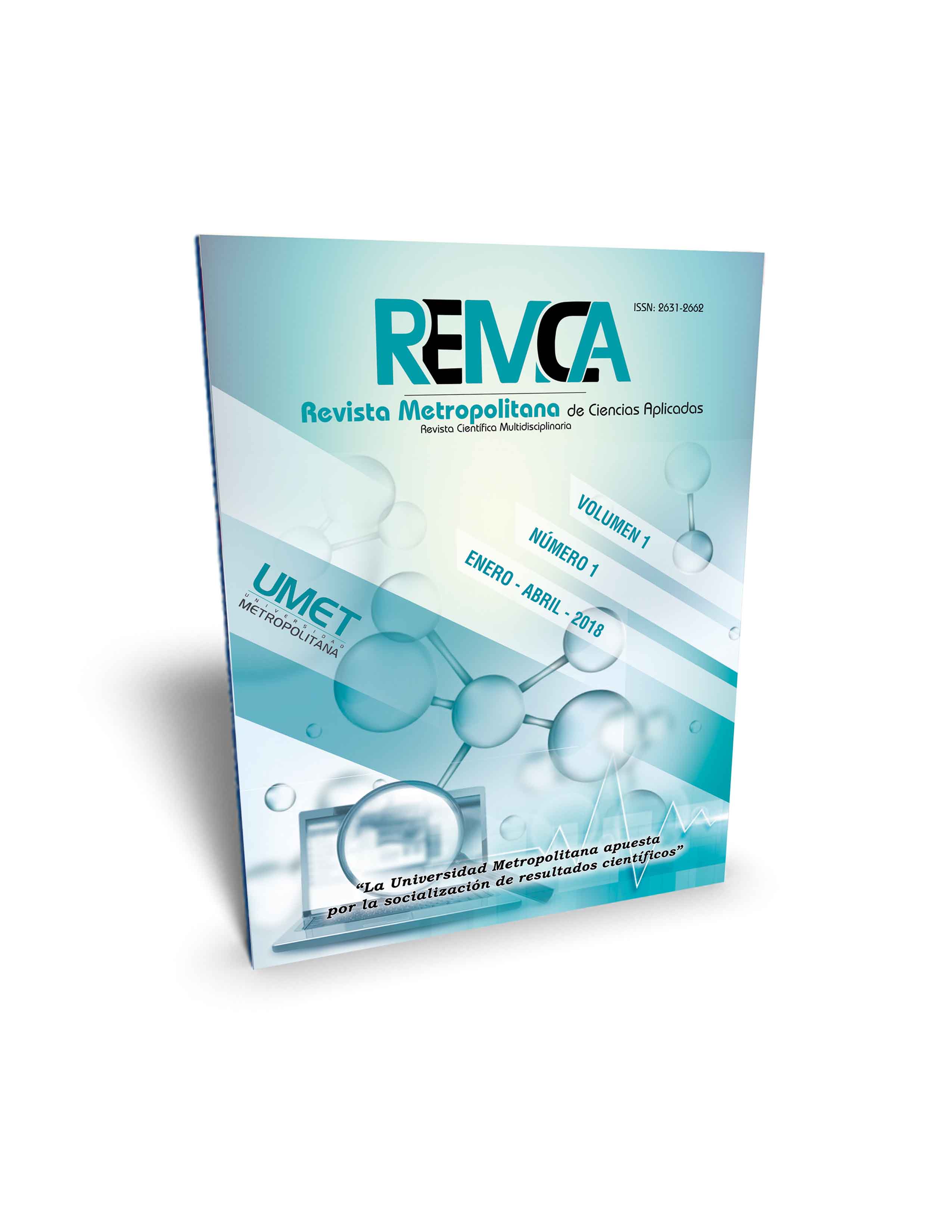Psychopedagogy of sensitivity in non-conventional spaces
DOI:
https://doi.org/10.62452/vfp8yh55Keywords:
Initial training, teaching, professional pedagogical activityAbstract
The purpose of this article is to understand the pedagogical meaning of the University Professional of the Bolivarian University of Venezuela (UBV) from humanized praxis from concrete, unique and profound experiences in non-conventional spaces of the Female Annex of the General Penitentiary of Venezuela (AFPGV) during the period 2010 to 2018. Among the findings was the disconnection of subjects with themselves and reality, with their roots and identity, strong influence of the temporospatial environment in the mental structural configuration. It is concluded that, from the deepening of the essential meanings, the university teacher recovers the existential awareness and the need of the pedagogical good as horizon of its educational activity; at the same time, those deprived of liberty since the misunderstanding, are in literary genres safeguarding the sanity to emancipate the conscience with the hope of the ambulatory release.
Downloads
References
Arendt, H. (1963). Eichmann en Jerusalén: Un estudio sobre la banalidad del mal. Barcelona: Lumen.
De Cervantes Saavedra, M. (1911). El ingenioso hidalgo Don Quixote de La Mancha. Madrid: Ediciones de La Lectura
Echeverría, R. (1994). Ontología del lenguaje. Santiago de Chile: Lom Ediciones. S.A.
Ende, M. (1984) Die Unendliche Geschichte. Madrid: Alfaguara.
Freire P. (1969) Educación como práctica de la libertad. Santiago de Chile/ Naciones Unidas/ FAO.
Freire P. (1994). Pedagogía del oprimido. México: Siglo XXI.
Freire P. (1996). Pedagogía de la autonomía. Río de Janeiro: Paz e Terra.
Funes M. (2006). Concreción histórica y urbana de San Juan de los Morros. Guárico: Alcaldía del Municipio Juan Germán Roscio.
Gardner, H. (2011). Inteligencias múltiples: la teoría en la práctica. Barcelona: Paidós Ibérica.
Goodson, I. (2004). Historias de vida del profesorado. Barcelona: Octaedro.
Hatzfeld, H. (1972). El Quijote como obra de arte del lenguaje. Madrid: Instituto Miguel de Cervantes.
López, E. (1996). Las historias de vida y la investigación biográfica. Fundamentos y metodología. Madrid: Universidad Nacional de Educación a distancia.
Morín, E. (2000). Los siete saberes para la educación del futuro. París: UNESCO.
Rivera, S. (2015). Sociología de la imagen. Miradas ch’ixi desde la historia andina. Ciudad Autónoma de Buenos Aires: Tinta Limón.
Van Manen, M. (2003). Investigación Educativa y Experiencia vivida. Ciencia humana para una pedagogía de la acción y de la sensibilidad. Barcelona: Idea Books.
Wainwright, G. (1998). El Lenguaje del cuerpo. Madrid: Pirámide.
Downloads
Published
Issue
Section
License
Copyright (c) 2018 Tibisay Coromoto Urbina Díaz, María Elena Rodríguez del Rey Rodríguez, Liéter Elena Lamí Rodríguez del Rey (Autor/a)

This work is licensed under a Creative Commons Attribution-NonCommercial-ShareAlike 4.0 International License.
Authors who publish in Revista Metropolitana de Ciencias Aplicadas (REMCA), agree to the following terms:
1. Copyright
Authors retain unrestricted copyright to their work. Authors grant the journal the right of first publication. To this end, they assign the journal non-exclusive exploitation rights (reproduction, distribution, public communication, and transformation). Authors may enter into additional agreements for the non-exclusive distribution of the version of the work published in the journal, provided that acknowledgment of its initial publication in this journal is given.
© The authors.
2. License
The articles are published in the journal under the Creative Commons Attribution-NonCommercial-ShareAlike 4.0 International License (CC BY-NC-SA 4.0). The terms can be found at: https://creativecommons.org/licenses/by-nc-sa/4.0/deed.en
This license allows:
- Sharing: Copying and redistributing the material in any medium or format.
- Adapting: Remixing, transforming, and building upon the material.
Under the following terms:
- Attribution: You must give appropriate credit, provide a link to the license, and indicate if any changes were made. You may do this in any reasonable manner, but not in any way that suggests the licensor endorses or sponsors your use.
- NonCommercial: You may not use the material for commercial purposes.
- ShareAlike: If you remix, transform, or build upon the material, you must distribute your creation under the same license as the original work.
There are no additional restrictions. You may not apply legal terms or technological measures that legally restrict others from doing anything the license permits.




